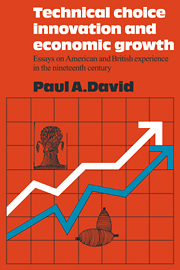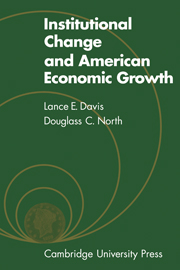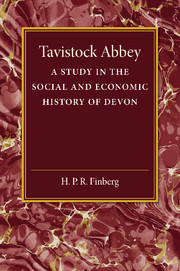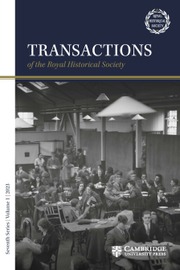Technical Choice Innovation and Economic Growth
This book deals with technological innovations of the nineteenth century. In a number of self-contained but related essays it treats the salient aspects of technological change that have interested modern economists and economic historians, as well as historians of technology: economically induced invention and innovation, learning by doing in industrial operations, the diffusion of new production techniques, and the bearing of these upon the growth of a society's productivity. The studies are detailed, in the sense that they focus not upon the economy as a whole, but rather upon the experiences of specific industries, branches of manufacturing, and individual productive units such as the mid-Victorial grain farm and the New England cotton textile mill. They attempt to integrate traditional historical methods and materials with a more explicit reliance on economic theorizing and applications of statistical analysis to test hypotheses.
Product details
May 1975Paperback
9780521098755
348 pages
229 × 154 × 20 mm
0.532kg
Available
Table of Contents
- Acknowledgements
- Introduction: technology, history and growth
- Part I. Concepts and Preconceptions:
- 1. Labor scarcity and the problem of technological practice and progress in nineteenth-century America
- Part II. Generation:
- 2. Learning by doing and tariff protection: a reconsideration of the case of the ante-bellum United States cotton textile industry
- Addendum: estimated rates of labor equality change
- 3. The 'Horndal effect' in Lowell, 1834–56: a short-run learning curve for integrated cotton textile mills
- Part III. Diffusion:
- 4. The mechanization of reaping in the ante-bellum Midwest
- Addendum: threshold farm size
- 5. The landscape and the machine: technical interrelatedness, land tenure and the mechanization of the corn harvest in Victorian Britain
- Appendix A: technical notes
- Appendix B: source of the parameters and variables
- Part IV. Ramifications:
- 6. Transport innovations and economic growth: Professor Fogel on and off the rails
- References
- Index.








